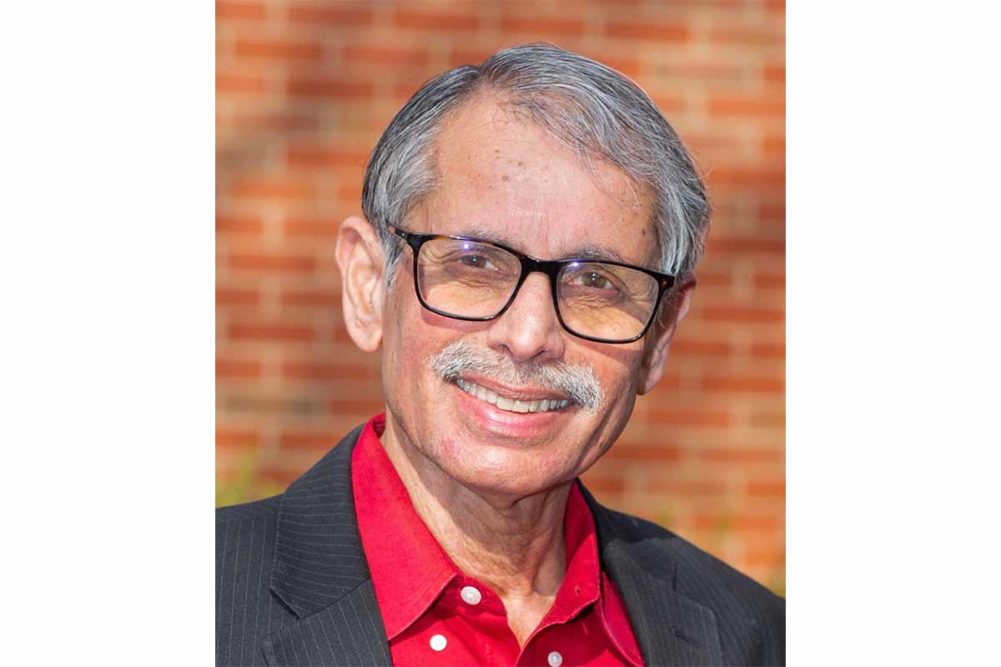WASHINGTON – On April 24, the US Department of Agriculture announced that Manjit K Misra would become the new director of the National Institute of Food and Agriculture (NIFA). Misra will start his new role on May 8.
Before joining the agency, Misra served as a professor of Agricultural and Biosystems Engineering at Iowa State University. For more than 30 years, he was director of the university’s Seed Science Center.
The center has administered the National Seed Health System, authorized by USDA’s Animal and Plant Health Inspection Service, since 2001. Misra also was the founding director of Iowa State’s Biosafety Institute for Genetically Modified Agricultural Products.
“Dr. Misra is an esteemed scientist and educator whose devotion to studying and sharing his knowledge of seeds with the world will benefit society and inspire generations to come,” said Secretary of Agriculture Tom Vilsack. “I am confident he will bring strong leadership and expertise to USDA as we continue our work to invest in and grow initiatives that ensure the long-term viability of agriculture and food systems.”
In 2012, Misra was appointed chair of the USDA National Genetic Resources Advisory Council (NGRAC) and held the role until 2017.
Misra served on more than 60 local, national, and international boards and committees. These include the Steering Committee for the Food and Agriculture Organization’s (FAO) International Conference on Biotechnology, the Scientific Advisory Council of the American Seed Research Foundation, the Board of Directors of the Iowa Seed Association, the Iowa Crop Improvement Association, and the First the Seed Foundation.
Dr. Misra earned a Bachelor of Science in Agricultural Engineering in India, a Master of Science and a Doctor of Philosophy in Agricultural Engineering at the University of Missouri-Columbia.
NIFA links USDA with land-grant universities and other public and private organizations to advance research, extension and higher education in the food and agricultural sciences and related environmental, social and human sciences.



